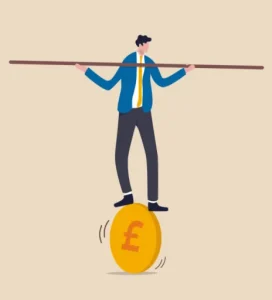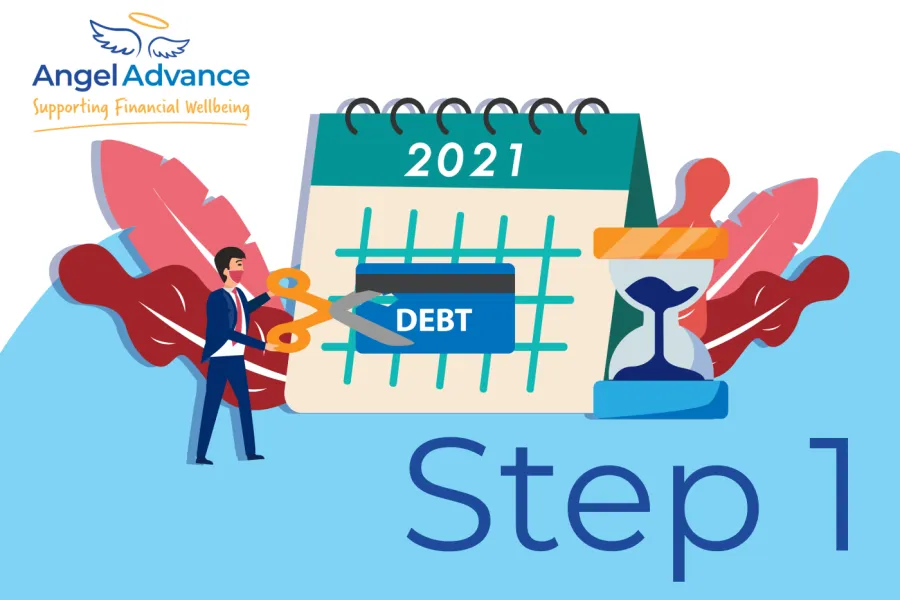Many people have been left struggling or in debt as a result of the 2020 pandemic, but with uncertainty looming, figuring out the best course of action can be difficult. Can we leave our debt behind as we step into 2021?
With the total UK average household debt coming in at around £60,449 (including mortgages) in September 2020, it’s important to know your options and how to improve your situation.
Overcoming your debt can seem like a mean feat, and it can be if you’re not prepared to make some changes to strategize your approach. We’ve put together a step-by-step approach to tackling your financial worries and debts this January!
Over the course of the month, our step-by-step guide will cover the following:
Step 1 – Assess your debts – What debts do you have?
Step 2 – Budget – Savings and budgeting tips
Step 3 – Switching providers – Energy, insurances, bank account, re-mortgages
Step 4 – Financial Planning – Ways to cut-back throughout the year
Step 5 – Debt clearing methods vs Debt solution – What’s best for me?
Let’s begin with step 1 – Assess your debts
How can you begin to tackle your debt problem if you don’t know who you owe money to, how much debt you are in, or what the interest rates and minimum payments to each debt are? The simple answer is: You can’t. It’s imperative that you have access to all of the necessary information before you start your journey to debt freedom.
 When you receive a statement from one of your creditors, don’t just throw it in the bin or shred it – put it to one side.
When you receive a statement from one of your creditors, don’t just throw it in the bin or shred it – put it to one side.
Consider creating a folder specifically for documents from your creditors. Once you’ve received a statement from each one of your creditors, make a note of the balance, the minimum payment amount, and how much interest you are being charged each month (if you’re still being charged interest).
If you don’t receive regular statements, we’d recommend contacting your creditors to request this information over the phone, via email, or in writing. You can usually find their contact information online. Don’t know who all your creditors are? You should be able to find a list of who you owe money to by checking your credit file through a credit agency such as Equifax or Experian.
Why is the interest rate or minimum payment amount important? You’ll find these extremely useful if you’re considering the debt clearing methods when you reach Step 5 of our helpful guide
Once you’ve obtained all of the details needed, you’ll then have a strong platform for taking the next steps to overcoming your financial burden: Budgeting! In our next article, we’ll get to the nitty gritty of budgeting and how you can improve your financial fitness.


